-
 play_arrow
play_arrow
PUKfm
-
 play_arrow
play_arrow
London Calling Podcast Yana Bolder
-
 play_arrow
play_arrow
Summer Festival Podcast Robot Heart
-
 play_arrow
play_arrow
Electronic Trends Podcast Aaron Mills
-
 play_arrow
play_arrow
New Year Eve Podcast Robot Heart
-
 play_arrow
play_arrow
Techno Podcast Robot Heart
-
 play_arrow
play_arrow
Flower Power Festival Podcast Robot Heart
-
 play_arrow
play_arrow
Tech House Podcast Robot Heart
-
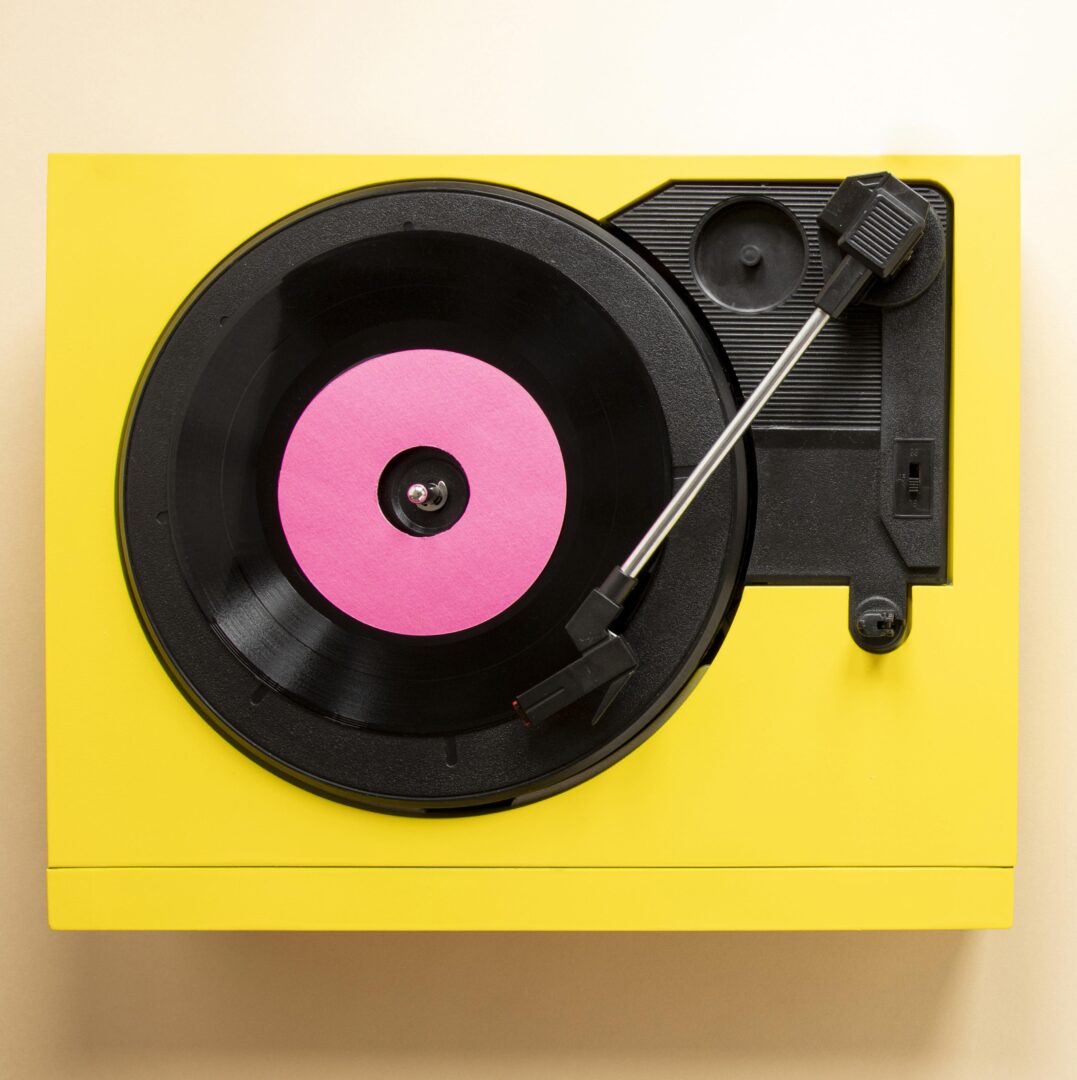 play_arrow
play_arrow
Winter Festival Podcast Robot Heart
Christabell Lourens
@_clourens_
Campus debate officially began today, 8 July, and will continue until Friday, 12 July. Campus debate is structured in terms of rounds. The first round of qualifiers will determine who goes through to the quarterfinals. This continues up until finals, with two sets of four teams (divided into men’s and women’s tournaments) competing against each other.
The North-West University (NWU), and various other universities across South Africa, use a debate style called British Parliamentary (BP).
Teams consist of two members each. Motions (topics) are received at the beginning of the night, as well as team positions. Teams generally have around 20 – 30 minutes to prepare their stance. Each member then relays a speech, expected to be between 6 – 7 minutes. The two sides of the debate are the government (for the motion) and the opposition (against the motion).
In a BP debate, there are four possible positions a team can have. These positions determine the speaking order and how the various speeches are organised.
Lesedi Gwambe, a second-year behavioural science with sociology and psychology student, stated, “I think that people assume debating is an opportunity to criticise another person’s intellect or that it’s a sophisticated roasting session.” She further emphasised that debating is a great opportunity to learn from others.
Gwambe admitted it can sometimes be tough to create an argument for something you might not agree with. “By being presented with a different perspective and advocating for an issue you do not agree with, it allows you to understand multiple perspectives by getting you to play the role of someone who has the view you are arguing for,” she explained.
The competition can get particularly fierce as students are permitted to ask for points of information (abrupt questions directed at the current speaker) as well as deliver rebuttals in their speeches. The speakers are then ranked at the end of the debate based on how well they explained and defended their stance.
“I love the memories I make in the competition. I love that even though we’re competing against each other, there are fond memories attached to our experiences,” Gwambe continued.
Apart from debate week, the Debate Society is open year-round for all students to join. According to the Debate Union’s official Instagram page (@nwupotch_debateunion), students can find the members practising every Tuesday and Thursday at 18:00 in F13-105. The members of the society also have the opportunity to attend larger events involving other universities, such as Jozi Rumble or Dink of Sink.
Jaco Mulder, a sixth-year LLB student, was a part of the team that went to the national Dink of Sink university debate competition. Mulder explained, “The most challenging part of the competition would probably have been the amount of debates we had to take part in throughout the weekend. Throughout one Saturday, we had to debate in 5 different debates against different universities from various parts of the country.”
Similarly to Gwambe, Mulder also commented on the skills that you build by taking part in the debate: “The challenge in this lies within how much thought and analysis you must put into every motion you receive. The motions are complicated real-world problems which many governments, doctors, world leaders and even philosophers don’t necessarily have the correct answers to.”
Students are welcome to support the debates, which will be taking place in building E8 from Monday night until Friday night.
Written by: Wapad
Similar posts
Recent Comments
Chart
-
-
-
 play_arrow
play_arrow
I Had Some Help (feat. Morgan Wallen) Post Malone
-
-
-
 play_arrow
play_arrow
Not Like Us Kendrick Lamar
-
-
Top popular

VARSITY CUP TICKET RESELLERS AND BUYERS – MAY BE DENIED ACCESS
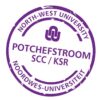
UNANSWERED AND UNSPOKEN: NWU’S SILENCE ON SUSPENSION OF SCC STUDENT LEADER

MARCHING FOR JUSTICE AND POLICE ACCOUNTABILITY: THE TRUTH BEHIND THE TMM LOFTS PROTEST

DEGENAAR PRAAT OOR DIE NA-SKOK VAN ‘N TRAGEDIE

STUDENTS NO LONGER SAFE BEHIND LOCKED DOORS!
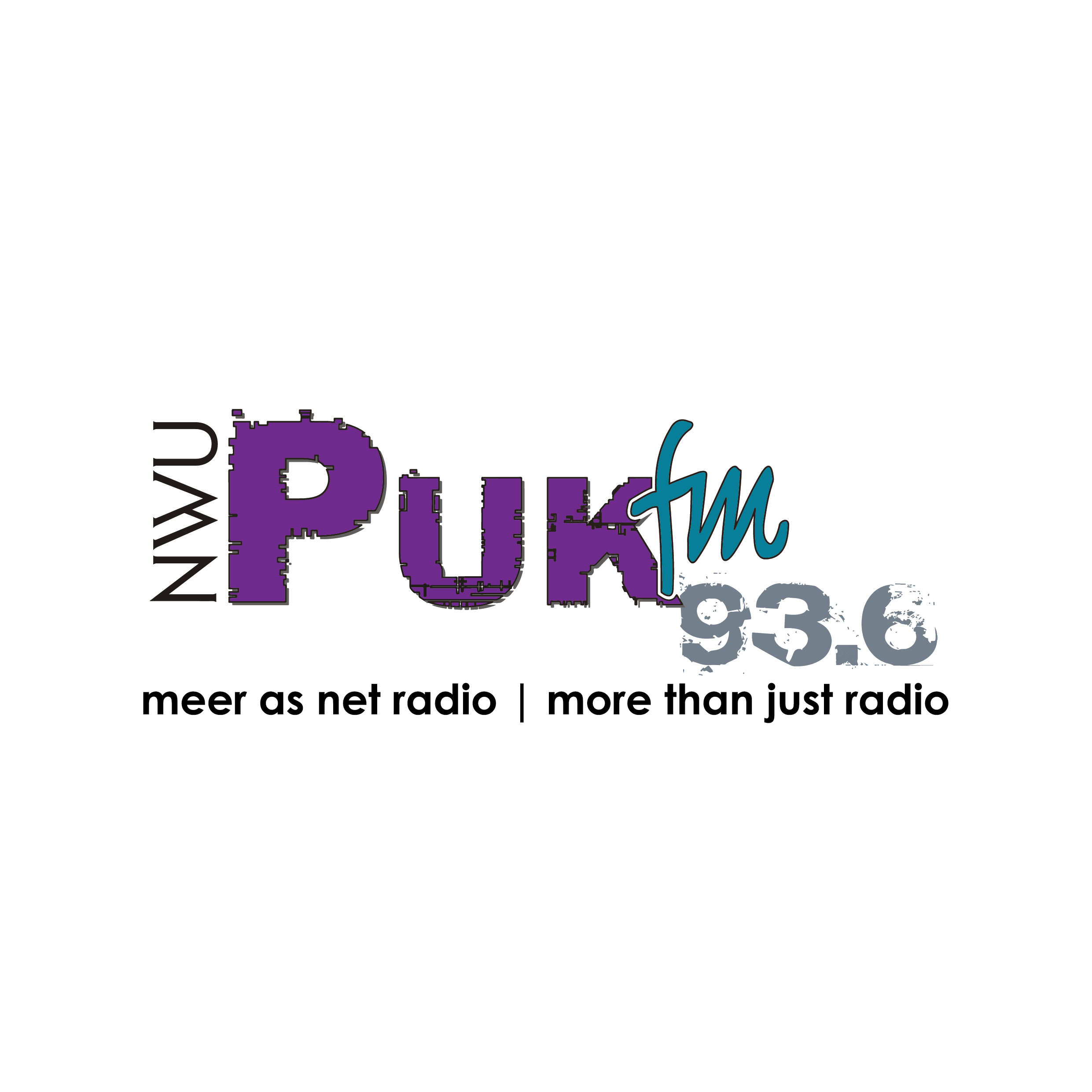
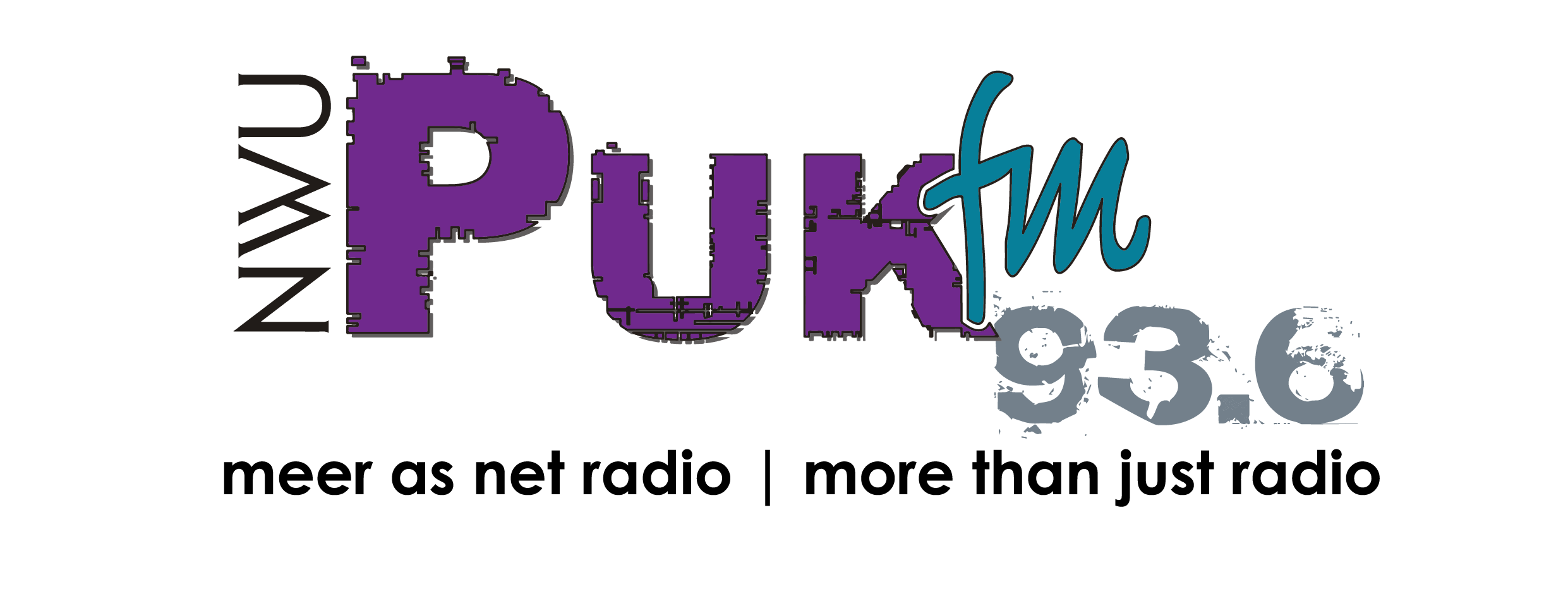
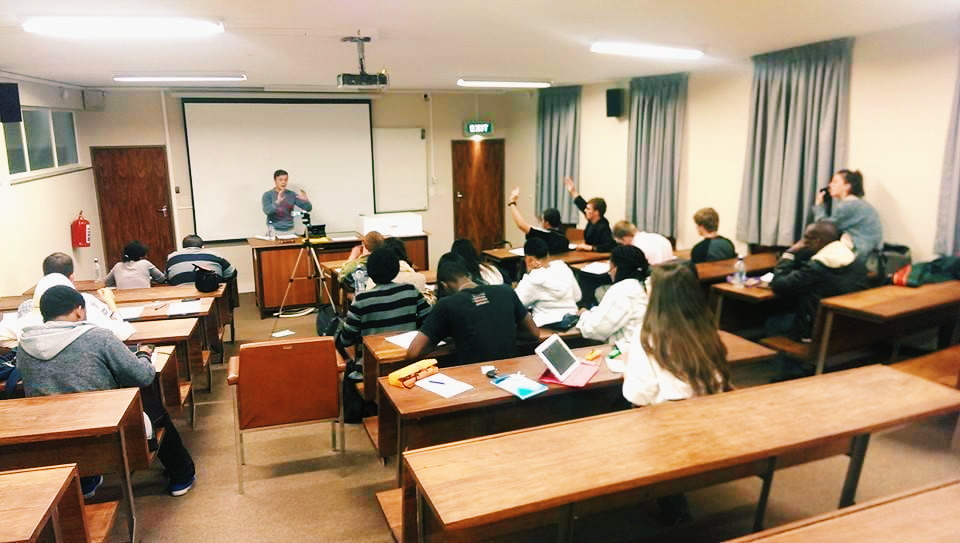
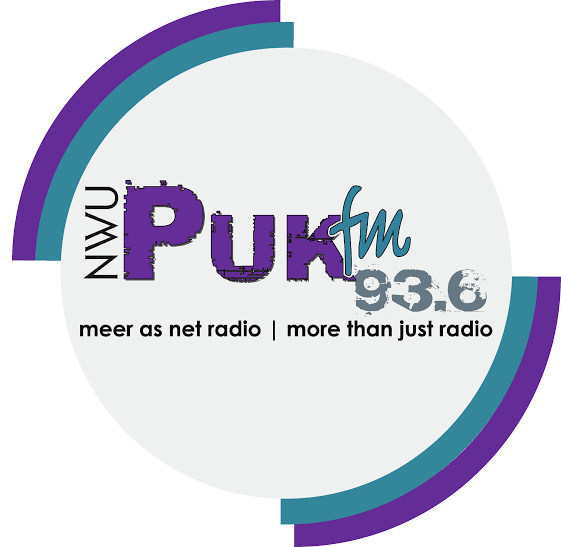


Post comments (0)